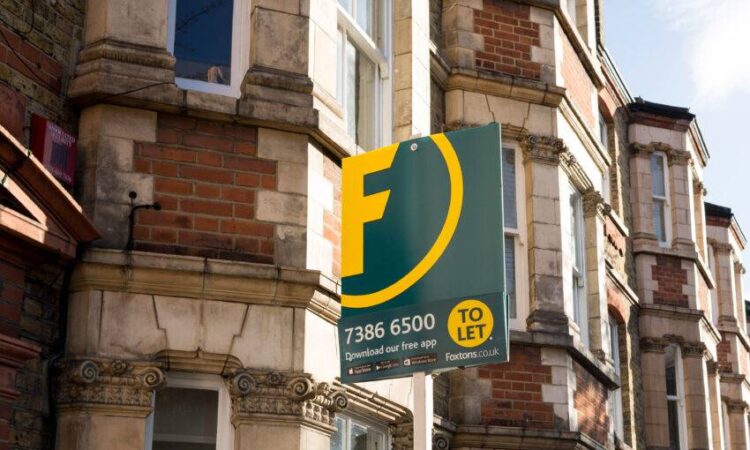
Mortgage approvals in the UK have fallen to their lowest level since January, as high interest rates continue to dampen activity in the housing market.
Data from the Bank of England showed that the number of mortgage approvals dropped to 59,976 in June from 60,134 the previous month, falling short of analysts’ expectations but still above the 2023 monthly average of 48,000.
The report highlights how high interest rates are discouraging potential homebuyers. The Bank of England noted that the effective interest rate on newly drawn mortgages rose by three basis points to 4.82 per cent, while the rate on all mortgages increased to 3.65 per cent.
There is hope that the central bank will lower the UK’s base interest rate for the first time in four years on Thursday, with financial markets suggesting a roughly even chance of a policy easing. Current rates stand at 5.25 per cent, a 16-year high.
A reduction in the base rate could lead mortgage providers to lower their rates, potentially stimulating home purchases. Some high street lenders have already started reducing their rates in anticipation of rate cuts by the Bank. Last week, Nationwide, the building society, offered products with rates below 4 per cent for the first time since February.
“We expect mortgage approvals to improve in the second half of the year, reaching 65,000, as mortgage interest rates fall back in response to Bank of England interest rate cuts,” said Rob Wood, chief UK economist at Pantheon Macroeconomics. He noted that lump sum mortgage repayments had eased to £1.2 billion in June, the lowest amount since January 2016, indicating that consumer anxieties about rising interest rates had diminished. Gross lending of £20.8 billion in June surpassed the £18.7 billion in repayments that month.
Members of the Bank’s monetary policy committee have pointed out that services inflation remains high, which might persuade them to maintain rates for an eighth consecutive meeting. Services inflation slightly decreased to 5.7 per cent last month.
Ashley Webb, UK economist at Capital Economics, suggested that steadily rising mortgage rates since February could result in stagnant activity in the housing market and little change in property prices for the rest of the year. According to the Office for National Statistics, house prices increased by 2.2 per cent to £285,000 in the 12 months to May.
The Bank’s research also indicates that people remain cautious about increasing their borrowing. Credit card spending dropped to £500 million in June from £600 million the previous month, likely reflecting weak retail sales, which fell by 1.2 per cent that month.
Overall, consumer borrowing totalled £1.2 billion, down from £1.5 billion in May, below analysts’ expectations of £1.3 billion.
Households added £8.4 billion to savings accounts in June, up from £6.5 billion the previous month, in line with recent trends. Economic growth has been constrained by people saving a larger share of their income compared with recent years, as reflected in poor consumer spending figures.






